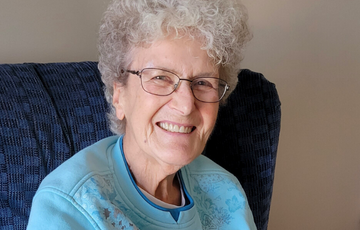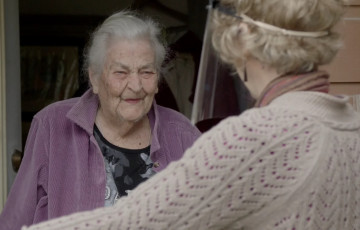Delirium is a medical emergency that can be prevented and, in most cases, reversed. It is a sudden change in mental state which disturbs thinking and attention, and results in changed behaviour.
Delirium is common among older people, especially in hospital, and is associated with an increased risk of harm, including permanent brain disability or death. A delirium might last from a few hours to weeks, or even longer.
Delirium often includes:
- problems with attention
- difficulty focusing
- altered level of consciousness
- sleep/wake reversal
- delusions or (visual) hallucinations
- short-term memory impairment
- disorientation to time
Treating delirium means treating the underlying cause. It is very important to figure out the cause of delirium as soon as possible. This usually means doing tests and asking questions. Once the cause is known, the most effective treatment can be given.
Resources
Delirium Patient and Family Handout




